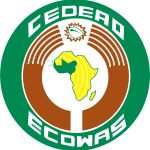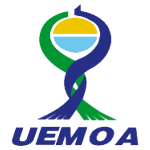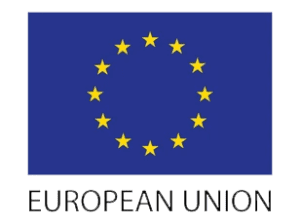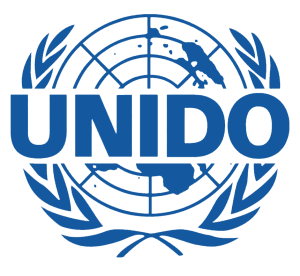Ghana is located on the coast of the Gulf of Guinea. Accra, the capital, has a population of about 2.27 million in 2012.
The official language is English. Ghana’s main export products are gold, cocoa and wood products.
Value Chains
Cassava
Cassava is the most important root crop in Ghana. According to the Ghana Export Promotion Authority, the total area under cassava cultivation is estimated at 900,000 hectares. More than 70% of farmers in Ghana produce cassava, and the sector contributes about 22% of agricultural GDP. Ghana ranks among the top five cassava producers in Africa, with an annual average production of 16 million metric tons. At least 18 varieties of improved cassava are produced in commercial quantities for various uses.
Efforts to make the cassava value chain a priority area in Ghana are part of the government’s wider policy measures to stimulate economic growth, support the private sector and create new employment opportunities, especially for youth and women. The intervention is fully in line with the National Environmental Protection Agency and the definition of regional industrialisation priorities that focus on the agricultural sector with an emphasis on value-added processing of local raw materials and its contribution to GDP.
Tropical Fruits
Agriculture plays a very important role in Ghana‘s economy. In 2010, agriculture alone contributed about 30% of the country’s GDP and employed over 60% of the labour force (Ghana Statistical Service, 2010). In order to promote export diversification and reduce the country’s dependence on a few commodities, the Government of Ghana set up the Economic Recovery Program (ERP). Since its inception, the fruit crop industry has contributed significantly to Ghana’s economic development. Over the past two decades, Ghana has developed a significant fruit industry that exports a range of fresh and processed tropical fruits.
Enhancing the value of the tropical fruit sector in Ghana is in line with the government’s policy measures to further stimulate economic growth, support the private sector and create new employment opportunities, especially for youth and women.
Beauty and Personal Care
In Ghana, the rise of fashion, the growing middle class, and a shift in culture in recent years has led to a renewed interest in the skincare and make-up industry. Professional make-up artists were almost unknown ten years ago, but today they can count on a steady flow of customers. Women can now choose from a much wider range of cosmetics than before, with both local and imported products. This sector has been chosen to be more targeted and is in line with the national Environmental Protection Agency (EPA) accompanying measures strategy and is part of the “technical assistance and business development services” component of the stimulus package for industries of the national industrial revitalisation programme.
It reinforces the government’s industrial upgrading package with a value chain approach and access to regional and global markets.
Planned Activities
In Ghana, the action is part of the Government’s wide-ranging new policy measures to stimulate economic growth, support the private sector and create new employment opportunities, especially for women and youth. The intervention is fully in line with the national EPA accompanying measures strategy and is part of the technical assistance and business development services component of the industrial stimulus package for industries of the National Industrial Revitalisation Programme.
It reinforces the Government package of industrial upgrading through a value chain approach and access to regional and global markets.
The consultation process leads to interventions for the development and improvement of the competitiveness of three product lines with a strong potential for job creation and inclusive growth. The selection is in line with the definition of the priorities of regional industrialization, which gives a leading role to agro-industry and light industry. Particular emphasis is placed on value creation through the processing of local raw materials, increasing the contribution of the industrial sector to GDP, increasing the share of industrial products in regional trade and increasing the share of West African industrial products on the world market.
Find out more on their website by clicking here or go to https://www.wacompghana.org/





